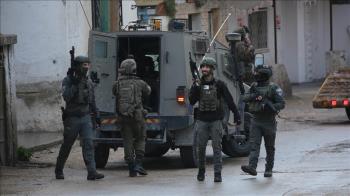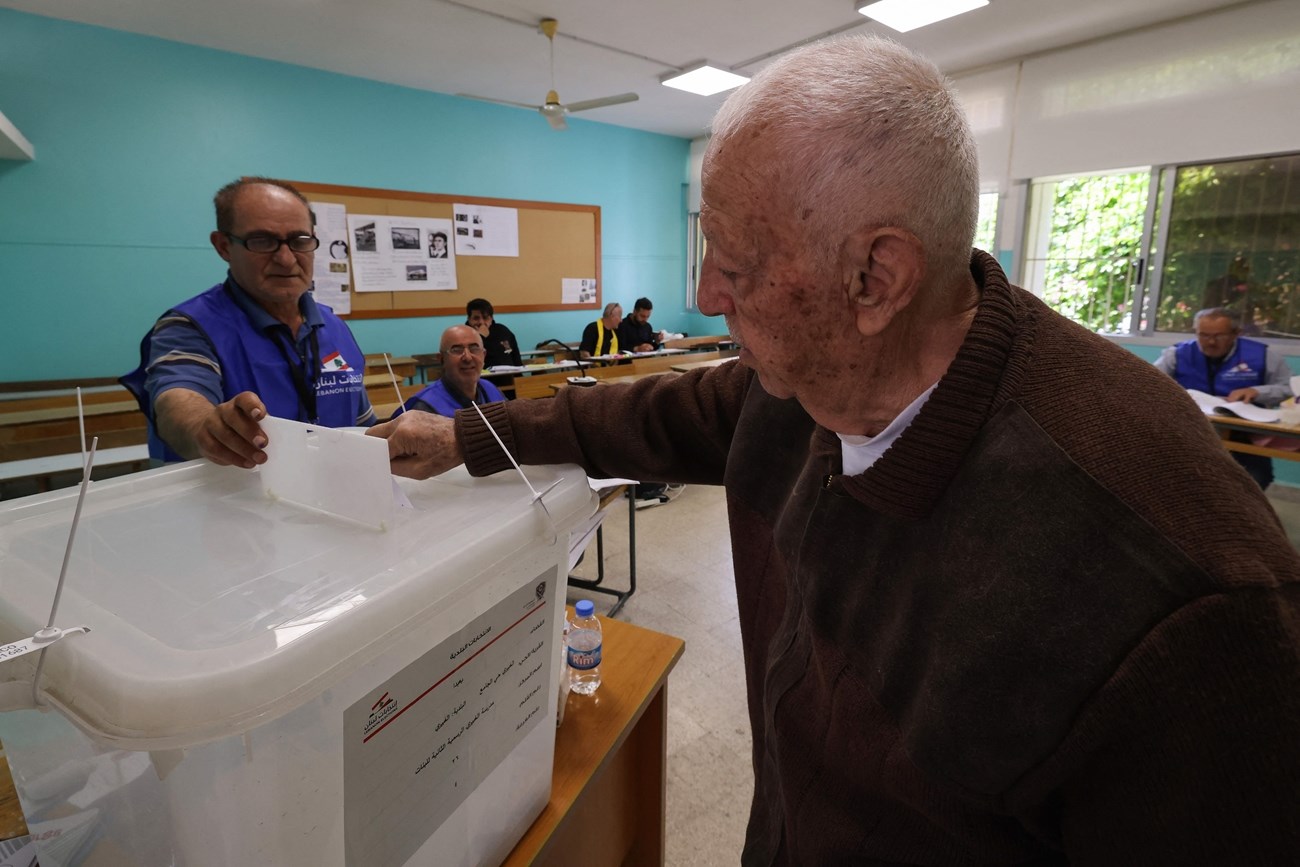Alwaght- After several years of delay, local and municipal elections were held on Sunday in Mount Lebanon Governorate as first phase. These elections are first since 2016. The previous term expired in 2022 and according to law, in the same year these elections should have been held, but they were delayed as the country held parliamentary elections. In 2023 due to stalemate on president post and in 2024 due to the Israeli war in Lebanon these elections were not held.
Multi-phase vote
It is noteworthy that the municipal elections in Lebanon have a complex mechanism and are held in 4 phases on a provincial basis. That is, in each phase, elections will be held in one or more governorate. The multi-phase nature of the municipal elections in Lebanon also means that this event will be held in over a 4-week period:
May 4: Mount Lebanon Governorate (first phase, held)
May 11: North and Akkar Governorates
May 18: Beirut, Beqaa and Baalbek-Hermel Governorates
May 24: South and Nabatieh Governorates (as bastions of Hezbollah)
Hezbollah leading
Having in mind that the first phase of the Lebanese elections began in the key Mount Lebanon Governorate in central Lebanon, the current election results are limited to this governorate. At the same time, since this governorate is located near the capital Beirut, the election results of this province are also very important. In general, Mount Lebanon, also called Jabal locally, includes 6 counties: Baabda, Alia, Matn, Keserwan, Chouf and Jbeil.
The preliminary results of the vote in Mount Lebanon indicate the victory of the Hezbollah-backed lists. As reported by the Lebanese media, all the lists supported by Hezbollah and the Amal Movement won in all their constituencies. According to the preliminary results, despite the very close competition, municipal elections in all the cities of the Mount Lebanon Governorate were held peacefully and democratically on May 4 and the lists supported by Hezbollah and the Amal Movement won in the two cities of Ghubairi and Haret Hreik in the Dhahiya, as well as several cities in Byblos and Al-Shouf. The two Shiite parties usually participate in the elections with a joint list of "Al-Tanmiyyah and Al-Wafah" (Development and Loyalty). The regions of Baabda, Aaliyah and Jbeil are other important areas where Shiite parties have secured victories, but in some Christian areas such as Jounieh, Christian competitors won.
Mechanism of municipal elections in Lebanon
According to a UN report, Lebanon has 1,059 municipalities with 12,741 municipal council members. After the last municipal elections in 2016, 108 municipalities were dissolved due to the loss of half of their members due to death or resignation. These municipalities are governed by a mayor or governor and constitute approximately 10 percent of all municipalities in Lebanon, and their fate is now to be determined.
It should be noted that municipal elections in Lebanon are held every six years and consist of several stages:
Registration: Citizens register on electoral lists to declare their participation.
Candidacy: Candidates can register for the elections individually or through party lists.
Voting: Voters participate in the voting in designated polling stations.
Vote sorting: Votes are sorted manually.
Announcement of Results: The official results are announced and the city council members and mayors are elected.
Although some elections in some areas may be non-partisan, sectarian factors play an influential role in shaping the electoral lists.
The number of city council members is also determined in accordance with Article 9 of the Law on Municipalities and Allocations, where the number of members varies between 9 and 24 members for each council, depending on the number of residents in each city.
Influence of municipal elections on country's political outlook
Quoting political analyst Tawfiq Shuman, Aljazeera reported that the elections of municipalities and mayors in Lebanon have moved away from their traditional framework and their status as local mechanisms. These elections have taken on a political aspect and party competition, and represent a kind of power display and representation of political forces through the ballot box in the Lebanese political scene. In fact, political parties and groups that achieve victory in the municipal elections will have more bargaining power at the parliamentary level, because the results of the municipal elections indicate the acceptability or otherwise of a political party or group in Lebanese society.
The results of the Lebanese elections are actually a test of whether political groups are maintaining or retreating from their positions in society. According to Schuman, Hezbollah and the Amal Movement are the two political groups that are most confident about their popularity in Lebanese society, and for this reason, areas where Shiite parties are present usually witness greater and wider voter turnout. The lead of Hezbollah and the Amal Movement in the elections in Mount Lebanon is also a kind of social reaction supporting these two Shiite parties after the Israeli aggression. In other words, it can be said that the results of the municipal elections in Lebanon are a test of the popularity of parties like Hezbollah, especially after the recent crises in Lebanon.
On the other hand, municipalities in Lebanon have broad powers in local management, including development and construction budgets, public services, and even influence on the regional security. So, the ongoing elections can be decisive for political factions including Hezbollah.



























